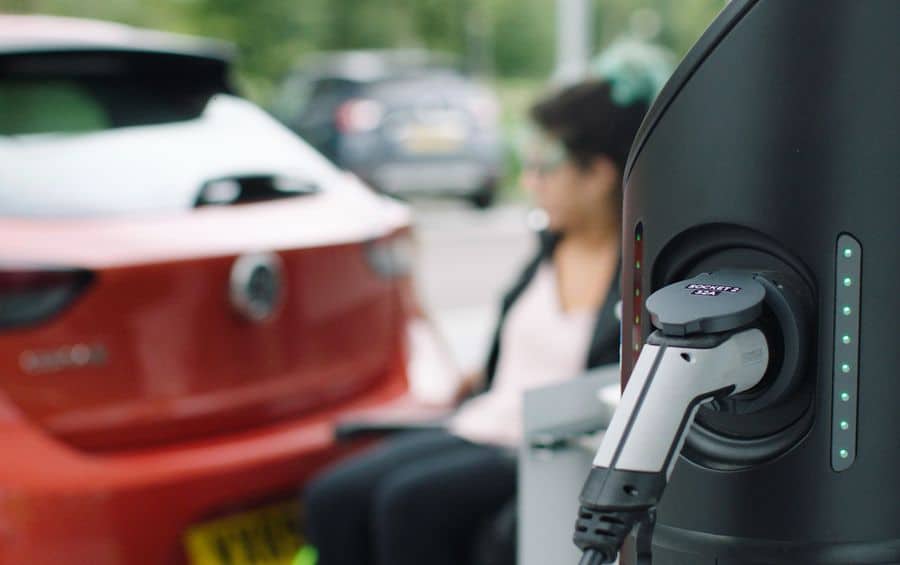Motability partners with UK Government to set standards for electric vehicle chargepoints
The UK is accelerating towards a more inclusive, reliable electric vehicle (EV) charging network, with Motability and the Department of Transport working together to set accessibility standards.
In partnership with national disability charity Motability, the Department for Transport has commissioned the British Standards Institute (BSI) to develop accessibility standards for EV chargepoints across the country.
These standards will provide industry with guidance and drivers with a new clear definition of ‘fully accessible’, ‘partially accessible’ and ‘not accessible’ public EV chargepoints.
The design of public chargepoints is already carefully considered by operators, however consistent standards are crucial for drivers to easily identify which chargepoints are suitable for their needs.
This could range from adequate space between bollards, charging units being of a height suitable for wheelchair users, size of the parking bay and the kerb height.
Transport Minister Rachel Maclean, who made the announcement, said: “With sales of EVs increasing and the Government’s net zero ambitions accelerating, I want to make it as easy as possible for EV drivers to charge up their vehicles at public chargepoints right across the UK, regardless of their mobility.
“We are taking action to provide accessibility guidance to both operators and drivers, to make sure that the transition to zero-emission driving will benefit everyone in society as we build back better.”
Minister for Disabled People Justin Tomlinson added: “As electric vehicles become more popular it is imperative that disabled people have the same opportunities to access them as everyone else. The new accessibility standards for chargepoints will help make this a reality.”
The Office for Zero Emission Vehicles (OZEV), Motability and BSI will be working with industry stakeholders including EV chargepoint operators, disability charities and innovators to ensure that the consumer can find the right chargepoints for their needs.
Barry Le Grys MBE, Chief Executive Officer at Motability, said: “There is a risk that disabled people are left behind as the UK’s transition to electric vehicles approaches, and Motability wants to ensure that this does not happen.
“We welcome the interest from Government in our research on electric vehicle charging and accessibility and we are excited about our partnership with the Office for Zero Emission Vehicles (OZEV) to further this work.
“We look forward to working together to create world-leading accessibility standards and to support the UK’s commitment to achieving zero emissions. Motability looks forward to a future where electric vehicle charging is inclusive for all.”
Motability is also working with Designability, a charity which creates products to enable disabled people to live with greater independence, to engage with disabled drivers and identify their requirements for accessible charging.
Catharine Brown, Chief Executive at Designability, said that her firm welcomes this important drive towards standards that will make sure the needs of disabled people are taken into account and is looking forward to working with Motability.
She commented: “Our expertise in working with disabled people makes us perfectly placed to find solutions to these every day challenges – which will only increase as more people want to drive electric cars.
“To date over 1,000 disabled drivers have volunteered to feedback to Motability and Designability on how we can make electric vehicle charging accessible for all.”



